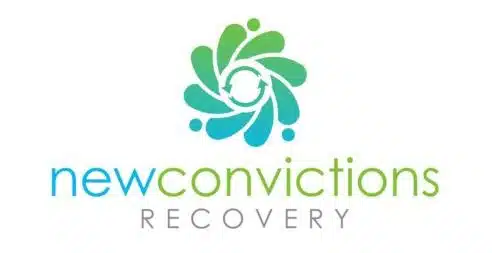“I don’t what to involve my parents in the recovery process,” said a client of mine. “I just get triggered when they talk and they have a way of putting me down without realizing they are doing it!” For many individuals, the family can be a source of stress, trauma, and indefinite frustration which can negatively impact recovery and contribute to potential relapses. However, what many recovering addicts fail to realize is that they are part of a greater relational system (family, work, church, etc.) that has influence over the outcome and longevity of a successful recovery. For example, if a husband who is pursuing his personal addiction recovery comes home to a wife who is either ill-informed or uninformed about the ways she can trigger his addictive process, the husband will have many challenges in preserving his recovery despite the fact that he is doing positive things on his end to promote recovery such as therapy, meetings, sponsor, etc. A way to bridge this challenge in recovery is through the advent of family therapy. Family therapy can be defined as “A type of psychotherapy designed to identify family patterns that contribute to a behavior disorder or mental illness and help family members break those habits. Family therapy involves discussion and problem-solving sessions with the family.” (Stoppler, 2021). It is in this light that family therapy has 3 distinct benefits in aiding individuals who are struggling with addiction:
- Communication: Many times in the recovery process there can be a breakdown in communication between the recovering addict and their families. Misunderstandings, miscommunication, and lack of information can incite arguments that can be otherwise avoided if both parties have a mutual understanding. Family therapy is designed to give addicts and their families a place to voice their thoughts, feelings, and perceptions in a controlled environment as well as learn new techniques in how to approach the conversation and problem-solving. Families that are entrenched in addiction can often exhaust their own emotional resources to resolve problems and are in need of family therapy to learn new communication skills to heal the family system.
- Boundaries: Another benefit of family therapy is that it is a place to create boundaries with loved ones to ensure each person’s recovery objectives are being met. If parents have a child who is struggling with addiction which is negatively impacting the family system, family therapy can serve as a vehicle in allowing the parents to communicate healthy boundaries to preserve the emotional health and welfare of the family system. Family therapy also serves as a place where therapists can serve as referees to family communication so that boundary messages are articulated and understood clearly for all parties involved.
- Goals: The last benefit of family therapy is that it offers addicts and their loved ones a place where goals can be communicated and established. Since addiction germinates in chaos, family goals can often be askew which can cause long periods of time walking in an aimless direction. Family therapy for addiction serves as a means where addicted loved ones and families chart a course of what they would like to achieve and problem-solving ways to achieve that goal. This elicits a sense of unity and closeness in the family system that has not been present since the addiction was present. Families, therefore, are able to create a mutual goal that benefits the entire family rather than having competing goals that can cause conflict in the family system.
Family therapy serves many benefits in the recovery process such as improving communication, creating boundaries, and establishing mutual goals. Recovery does not happen in a vacuum; therefore, it is important that people in the recovering addict’s system have knowledge and resources to better facilitate the healing process that family therapy seeks to accomplish. While navigating a family system in recovery can be a difficult task, there is an addiction counselor near me who has the skills to help in addiction family therapy. To look at the services that are offered, please click here.
References
Stoppler, Melissa Conrad (2021, March 29). Medical Definition of Family therapy. MedicineNet. https://www.medicinenet.com/family_therapy/definition.htm

